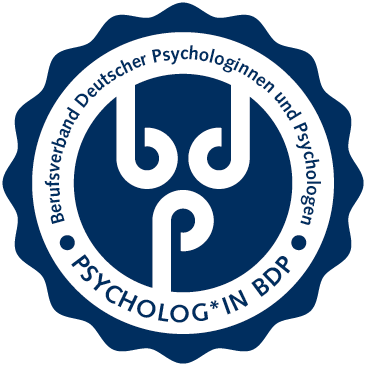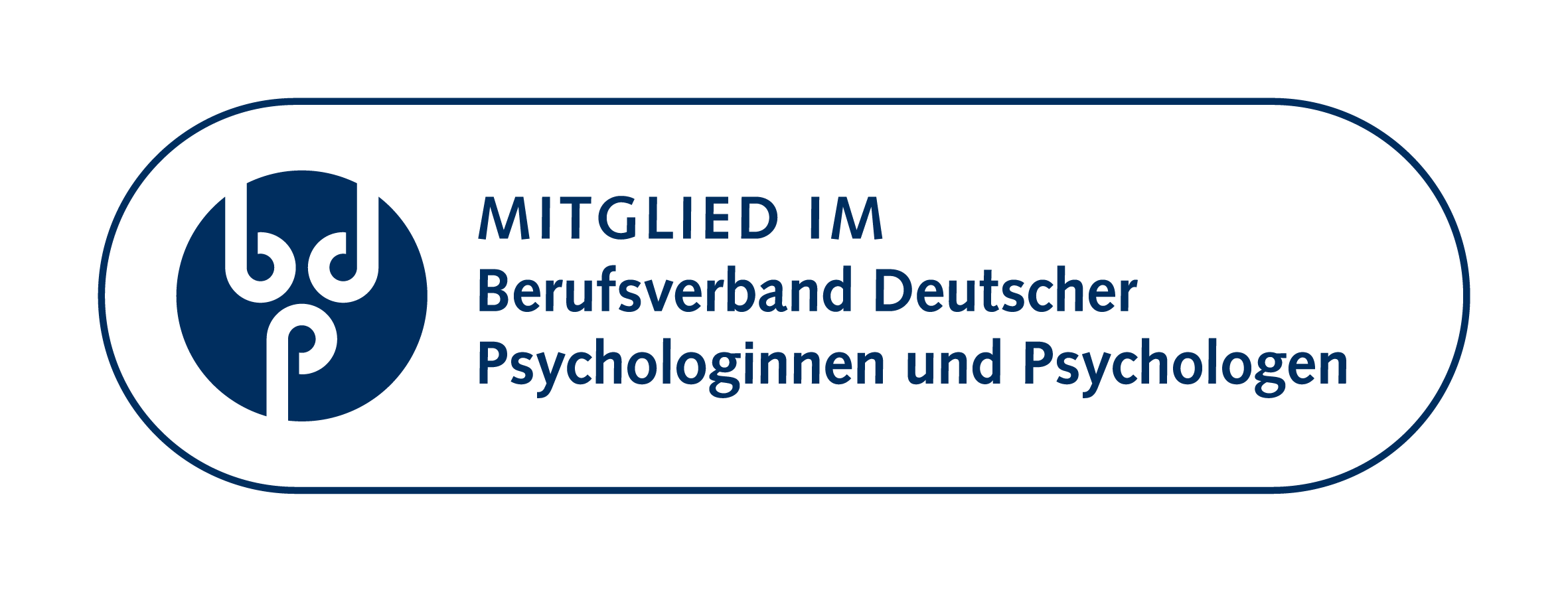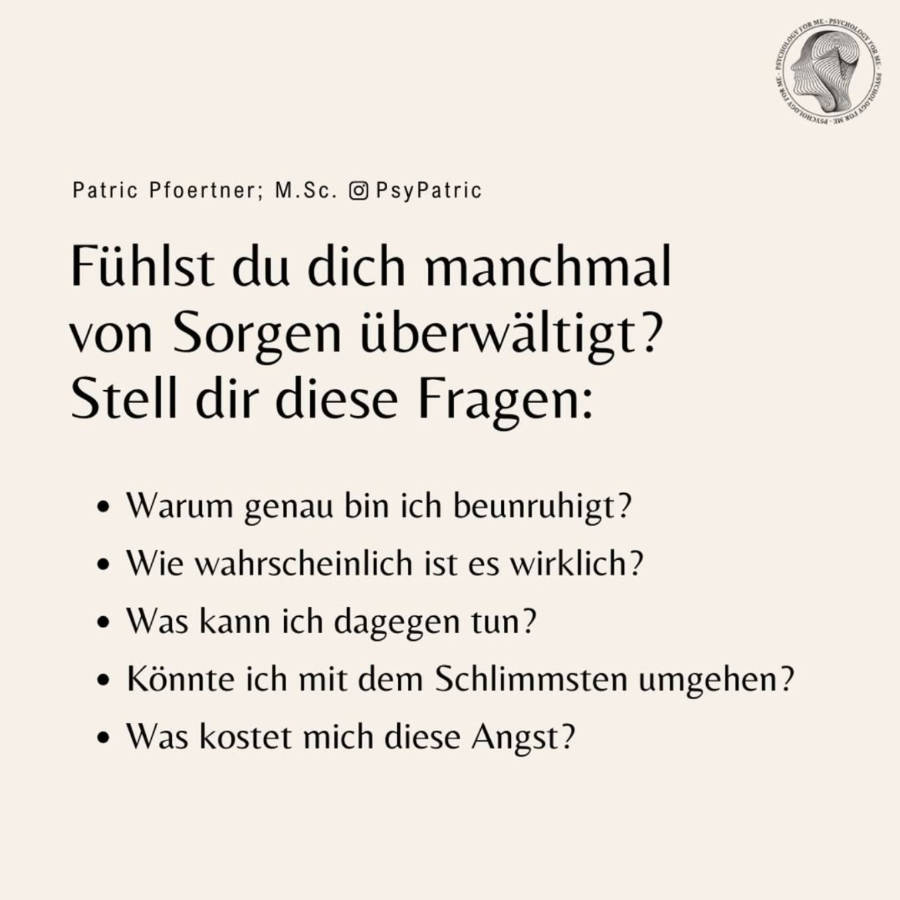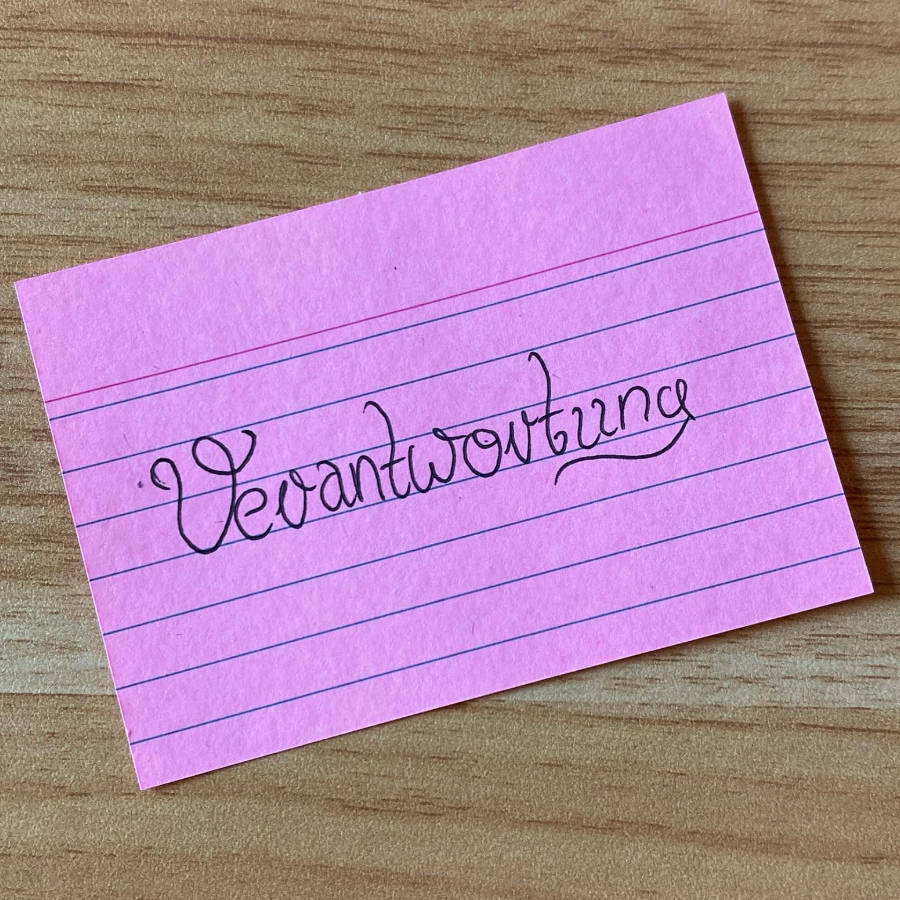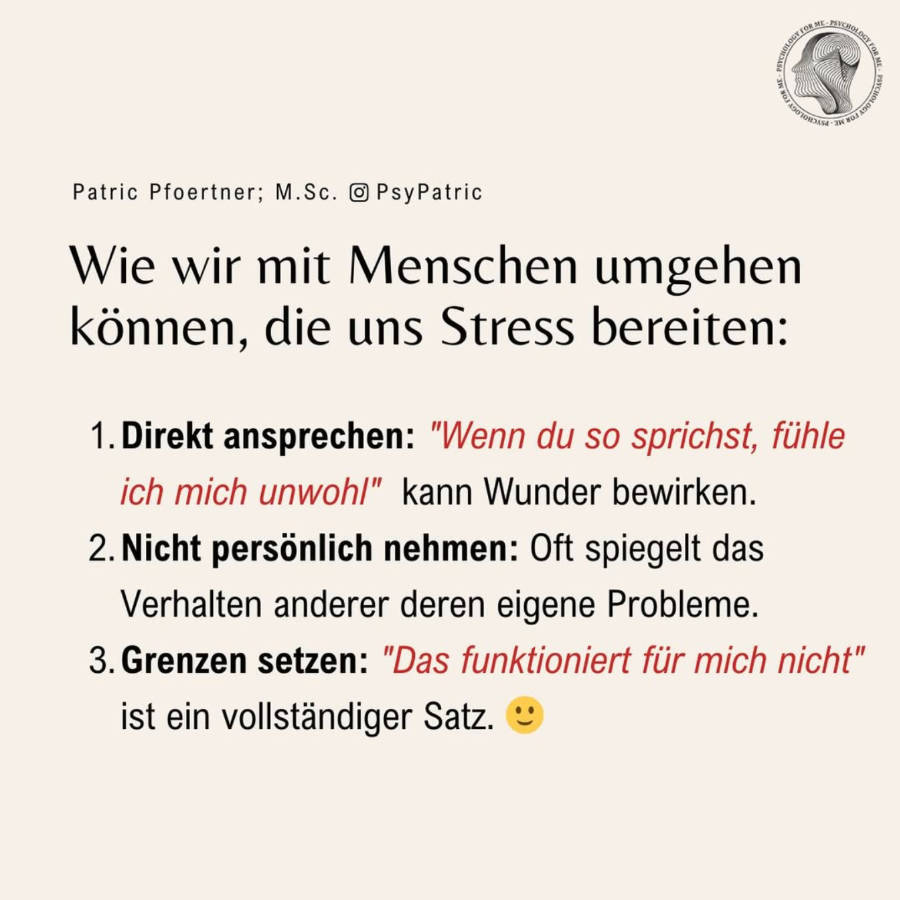Understanding Anxiety: Your Path to Self-Awareness
In our fast-paced world, it’s increasingly common to experience feelings of anxiety. Sometimes these feelings are fleeting, a natural response to stress or challenges. Other times, they can feel overwhelming, impacting our daily lives and overall well-being. If you've ever felt a persistent sense of worry, physical tension, or a tendency to avoid certain situations, you're not alone. This self-assessment test is designed to offer a gentle, confidential space for you to reflect on your experiences with anxiety.
This test is designed to:
- Explore common symptoms of anxiety, encompassing your thoughts, feelings, and behavioral patterns.
- Offer a confidential and preliminary self-assessment, providing a snapshot of your current emotional landscape.
- Provide insights that can encourage self-reflection and help you consider potential next steps on your journey toward greater well-being.
As a psychologist, I understand that navigating feelings of anxiety can bring up many questions. Here are some common ones that might resonate with you:
What is anxiety, really?
Anxiety is a natural human emotion characterized by feelings of worry, nervousness, or unease, typically about an event or something with an uncertain outcome. While a certain level of anxiety can be motivating and even protective, helping us respond to danger, it becomes problematic when it's excessive, persistent, and interferes with daily life. It can manifest through various symptoms, from relentless worry and difficulty concentrating to physical sensations like a racing heart, shortness of breath, and muscle tension. Recognizing these signs is the first step toward understanding your experience.
Am I the only one feeling this way?
Absolutely not. If you're grappling with anxiety, know that you are part of a vast community. Millions of people worldwide experience anxiety at different levels. It's a fundamental human experience, and many individuals quietly struggle with its impact. Opening up about your feelings, whether through this test or by speaking to someone you trust, can be incredibly validating and a powerful step towards feeling less isolated. Remember, vulnerability is a strength, and seeking understanding is a sign of self-care.
When should I consider seeking professional help?
If anxiety begins to significantly disrupt your work, relationships, sleep, or overall enjoyment of life, it might be time to consider professional support. This isn't a sign of weakness, but rather a courageous choice to invest in your mental health. A mental health professional, such as a psychologist or therapist, can offer tailored strategies, coping mechanisms, and support to help you manage anxiety effectively and regain a sense of control. This test provides a starting point, but professional guidance offers a deeper, personalized path forward.
What are some initial steps I can take to manage anxiety?
Even before professional help, many self-care strategies can make a difference. Engaging in regular physical activity, practicing mindfulness or meditation, ensuring adequate sleep, and maintaining a balanced diet are foundational. Limiting caffeine and alcohol can also be beneficial. Learning relaxation techniques, challenging negative thought patterns, and spending time in nature are powerful tools. Even small, consistent efforts can contribute significantly to reducing anxiety levels and fostering a greater sense of calm and well-being in your life.
Taking this test is a brave first step. Be kind to yourself as you reflect on your answers, and remember that support and effective strategies are available to help you navigate your experiences with anxiety.

















